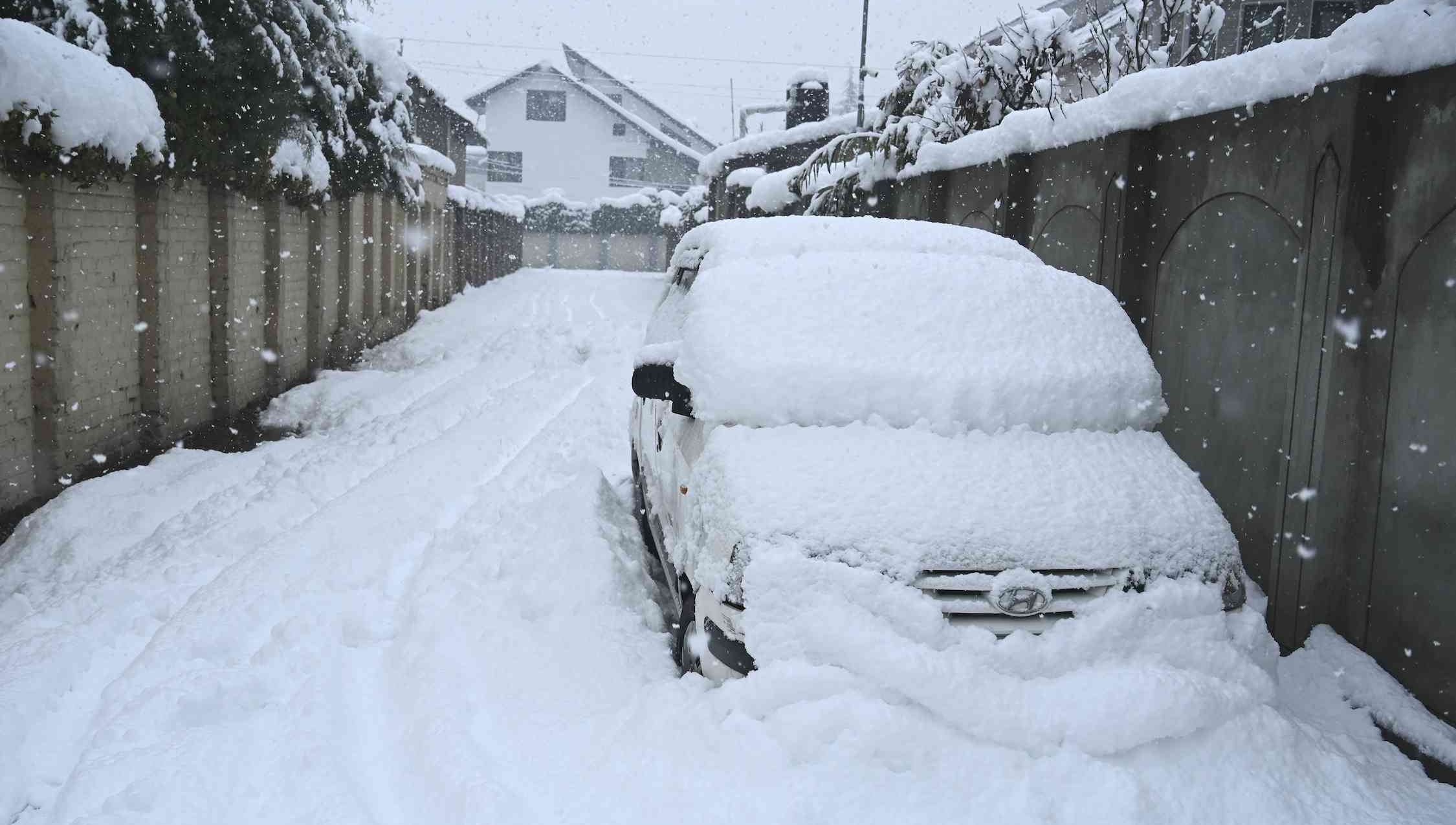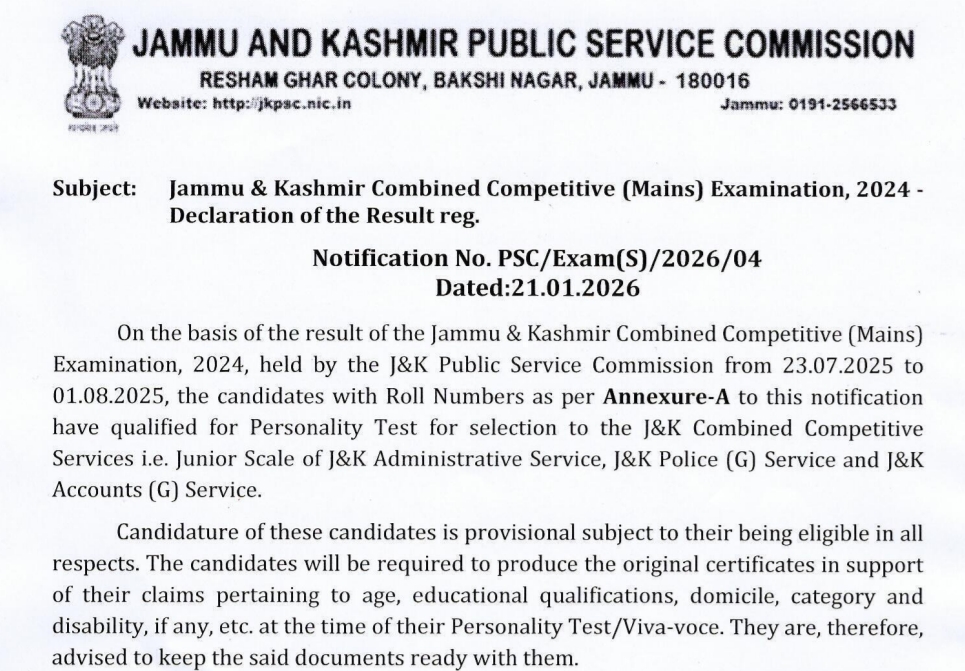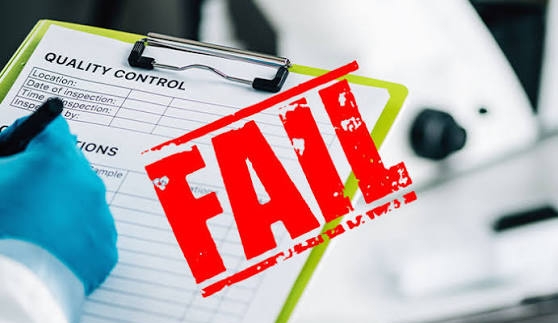
J&K Health Minister Orders Mass Doctor Transfers, Cracks Down on Absenteeism and Hospital Neglect
J&K Health Minister Orders Mass Doctor Transfers, Cracks Down on Absenteeism and Hospital Neglect
In a surprise move aimed at addressing long-standing healthcare concerns, Jammu and Kashmir’s Health and Medical Education Minister on Sunday announced that a major reshuffle of doctors is on the horizon. The decision, according to officials, is part of a broader plan to enhance efficiency and accountability in patient care.
While speaking during an unannounced visit to District Hospital Pulwama, the minister expressed concern over stagnant postings and poor service delivery. “Doctors who have been serving in one place for more than three or four years will be transferred. This reshuffle is necessary if we are serious about improving healthcare,” she said.
The minister noted that prolonged postings often lead to complacency. She also pointed to problems like closed operation theatres and staff absenteeism as signs of a system that needs urgent correction.
Only 4 of 40 Doctors Present in Pulwama
During her visit to the Pulwama hospital, the minister found that only 4 out of 40 sanctioned doctors were on duty. She said such absenteeism, especially in a district-level hospital, cannot be tolerated.
“Even if it’s a Sunday, patients need care. Cleanliness cannot be compromised. Neither can availability of doctors. Hospitals don’t run on paper, they run on presence and performance,” she told reporters after the visit.
A health official who was present during the inspection told ProKashmiri that the hospital has been running on a skeleton staff for weeks. “There’s been no accountability. Many departments haven’t had full attendance for months. Patients often have to return untreated,” he said on condition of anonymity.
Poor Hygiene and Staff Gaps Across J&K
The minister’s remarks weren’t limited to Pulwama. She pointed to similar problems in other hospitals, including SMHS, Qazigund, and Bemina. From overflowing waste bins to broken emergency systems, she said these were not isolated cases but signs of a deeper structural issue.
“These are not just lapses, they are symptoms of a failing system. We have to act now before we face more preventable tragedies,” she added.
Recent controversies at SMHS Hospital, where a patient died and services were disrupted after a doctor was allegedly assaulted, appear to have triggered a stricter review of hospital operations across the Union Territory. The minister hinted that disciplinary measures and administrative restructuring are both under consideration.
Patient Voices Add Pressure
When ProKashmiri spoke with local patients in Pulwama, many welcomed the minister’s unannounced visit and her statements.
“It’s the first time someone in power saw what we go through,” said Nazir Ahmad, a father who brought his child for treatment. “But visits won’t be enough. We want visible change.”
Others echoed similar thoughts. Shaista Jan, whose mother was admitted in Pulwama hospital recently, told ProKashmiri, “We don’t need high-tech machines right now. We need basic things—doctors on time, clean wards, and working emergency rooms.”
Reforms Are in Motion
The Health Department has already begun reviewing staff rosters, overtime records, and leave histories. Officials confirmed to ProKashmiri that transfers are likely to begin in a phased manner from next month. Hospitals in both Jammu and Kashmir regions will be covered in the process.
“Change will be visible in the coming weeks,” said a senior Health Department official. “The minister has made it clear that stagnancy is no longer acceptable. We’re reviewing every district’s human resource deployment.”




